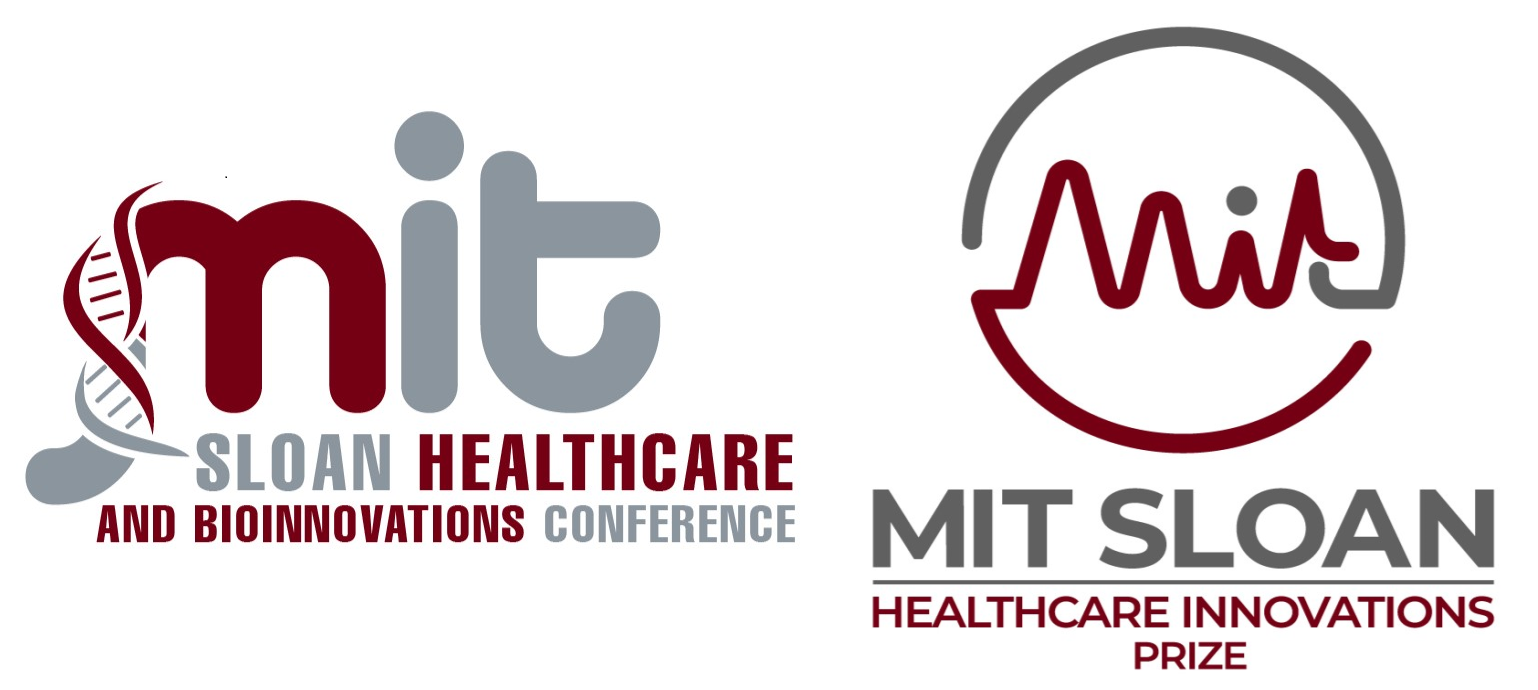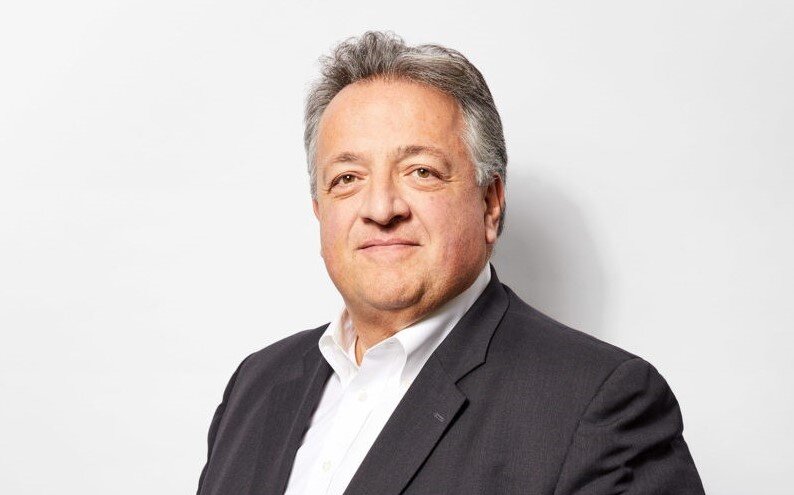Keynote Speaker
Noubar Afeyan
Founder and CEO, Flagship Pioneering
Noubar Afeyan is founder, Senior Managing Partner and CEO of Flagship Pioneering, a leading innovation and early-stage venture capital firm. He also leads the firm’s VentureLabs unit that invents and launches transformative startups. He has been a Senior Lecturer at MIT’s Sloan School of Management where he has taught courses on technology-entrepreneurship, innovation, and leadership since 2000. Dr. Afeyan has authored numerous scientific publications and patents since earning his Ph.D. in Biochemical Engineering from MIT in 1987. He lectures widely in the United States and internationally on diverse topics ranging from entrepreneurship, innovation and venture capital to biological engineering, drug discovery, medical technologies and renewable energy.
During his 28-year career as inventor, entrepreneur, CEO and venture capitalist, Dr. Afeyan has co-founded and helped build over 35 successful life science and technology startups. He was founder and CEO of PerSeptive Biosystems, a leader in the bio-instrumentation field that grew to over $100M in annual sales within six years from its first sales. After PerSeptive’s acquisition by Perkin Elmer/Applera Corporation in 1998, he was Senior Vice President and Chief Business Officer of Applera, where he initiated and oversaw the creation of Celera Genomics.
Currently Dr. Afeyan serves on a number of public and private company boards including CiBO Technologies, Evelo BioSciences, Joule Unlimited, Kaleido BioSciences, Moderna Therapeutics, Axcella Health and Seres Therapeutics. Previously, he was a member of the founding team, director and investor in several highly successful ventures including Chemgenics Pharmaceuticals (acquired by Millennium Pharmaceuticals), Color Kinetics (acquired by Philips), Adnexus Therapeutics (acquired by Bristol-Myers Squibb) and Affinnova (acquired by AC Nielsen).
Dr. Afeyan received a Technology Pioneer 2012 award from the World Economic Forum in recognition of the breakthrough solar fuel technology being developed at Joule Unlimited. He has served as Chairman of the Global Agenda Council on Chemicals, Advanced Materials and Biotechnology of the World Economic Forum as well as being a member of the Meta-Council on Emerging Technologies.
Dr. Afeyan is a member of the Corporation (Board of Trustees) of MIT and a member of the Board of Overseers of the Boston Symphony Orchestra. He also serves on the boards of the Armenian General Benevolent Union, the IDeA Foundation and the UWC Dilijan International School. Previously, he was a co-founder and board member of the National Competitiveness Foundation of Armenia, a private-public partnership dedicated to promoting economic development in the former Soviet Republic of Armenia. In 2008 he received the Ellis Island Medal of Honor, an award granted to outstanding Americans who have distinguished themselves as United States citizens and who have enabled their ancestry groups to maintain their identities while becoming integral parts of American life. He was a Great Immigrant honoree of the Carnegie Corporation in 2016.
Dr. Afeyan is engaged in a number of philanthropic initiatives. In 2015, he co-founded the 100 LIVES Initiative, which commemorated the 100th anniversary of the start of the Armenian genocide and created a remembrance project to locate and preserve stories of both survivors and rescuers from the genocide. In 2016, 100 LIVES inaugurated the Aurora Prize for Awakening Humanity, an annual award given to an individual who has faced personal risk to enable others to survive. The prize includes $100,000 for the winner and $1 million for an organization that inspired his or her work.American actor George Clooney and Holocaust survivor and Nobel Peace Prize laureate Elie Wiesel served as co-chairs of the prize committee. The 2016 prize was awarded to Marguerite Barankitse of Maison Shalom and REMA Hospital in Burundi, who saved thousands of children and cared for orphans and refugees during the Burundi civil war.


